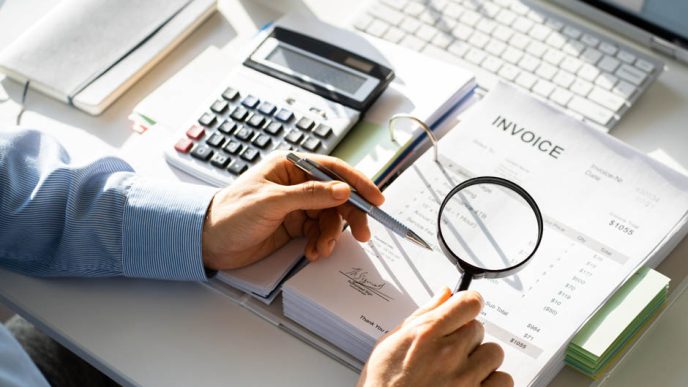Ticket resale platforms offer streamlined processes that can help you resell concert tickets. These processes are governed by an evolving set of laws that vary depending on your city or state. Here are some legal aspects of reselling concert tickets:
State Compliance
State compliance means following the specific laws and rules set by each state around ticket reselling. A ticket resell platform helps with state compliance by providing access to legal information and guidance directly on its website; this could impact the way you resell concert tickets. To create valid tickets, you should include all pertinent information, such as the location of the event and seat information. You may also need to include any special information, like the face value of the ticket or special seating limitations. When listing your tickets, you need to disclose the refund or exchange policies before the sale is final.
Consumer and Seller Protection
Look for ticket-selling platforms that provide safeguards meant to protect ticket buyers and sellers from fraud, deception, and unfair practices. Ticket resell platforms provide the following tools and guidance to help you comply with consumer protection standards when you resell concert tickets:
- Listing guidance
- Compliance checklist
- Secure transaction features
- Dispute resolution support
Compliance checklists outline the refund policy and ticket delivery methods. Integration with payment platforms helps hold payments in escrow until ticket delivery is verified. If disputes arise, you can use the platform to manage buyer complaints and process refunds.
Data Privacy
Check the platform to make sure that it keeps buyer and seller information safe and only uses it for legitimate business needs. To follow data privacy laws, ticket resale websites store personal information securely by limiting who can see it. The platform does not share user information with third parties unless you consent or it is necessitated by law. Users can see, edit, or delete their information within the website if needed.
Ticket sellers address data privacy by using encryption and disclosing how they handle user information. Data encryption scrambles information to make it unreadable to unauthorized parties. To protect your payment information, platforms use a third-party payment provider that specializes in handling transactional information; this means that the platform does not have direct access to user payment information. When you list your tickets, the platform cross-lists them in multiple marketplaces while reducing the risk of data exposure.
Platform Accountability
A ticket resell platform takes responsibility for the way it handles ticket reselling. The website should monitor and verify your ticket listings and watch for suspicious activity. Ticket listing websites explain their policies, decision processes, and the actions they take if someone violates their rules. A key feature of reliable platforms is automatically listing your tickets across many websites, allowing you to save time by not manually listing the ticket on each site. To avoid complications with double-sales, sophisticated ticket sales software is used, ensuring the platform will remove the ticket from each website once it has been sold on one site.
Contract Obligations
When you post a ticket for sale, you are agreeing to the platform’s terms and rules that apply to your listing. When a buyer makes a purchase, you are bound to complete the transaction under those agreed conditions; these obligations include accurately representing the ticket and delivering it on time. Following these obligations helps promote an ideal experience for the buyer and seller.
Learn How to Resell Concert Tickets
Using a professional resale platform can make it easier to resell tickets for sports, concerts, and plays. The platform has pricing tools to help you price your tickets correctly and fairly. When a buyer purchases a ticket, the platform fulfills the sale on your behalf. Visit a reputable resale platform to list your tickets today.













